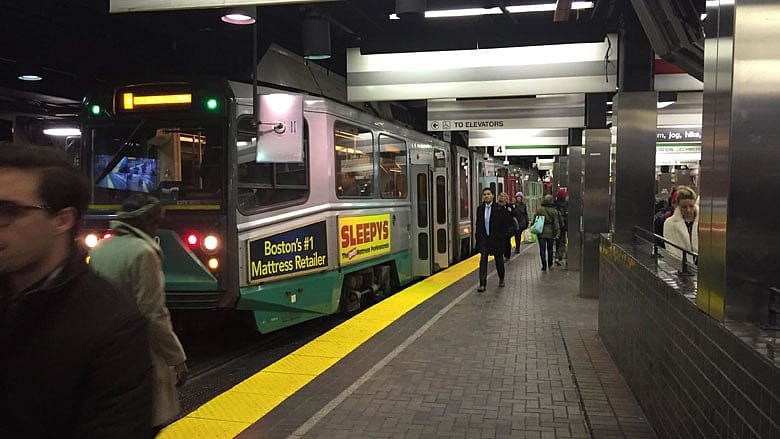MBTA exploring options after canceling late-night service

BOSTON — After scrapping extended-hours service on weekends, the MBTA control board on Wednesday directed staff to seek measures for improving transit service for racial minorities and low-income riders.
Those measures, posed as mitigation for the late-night service elimination after action by federal regulators, could feature greater frequency on early morning trips, including bus routes to East Boston and Revere, according to official T documents.

